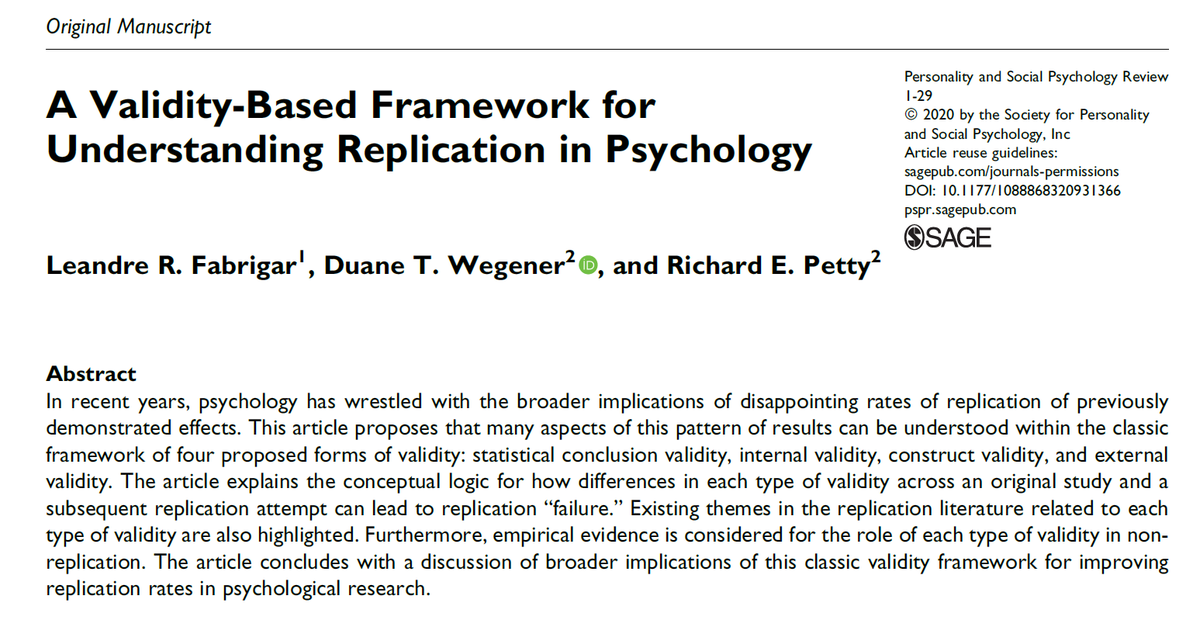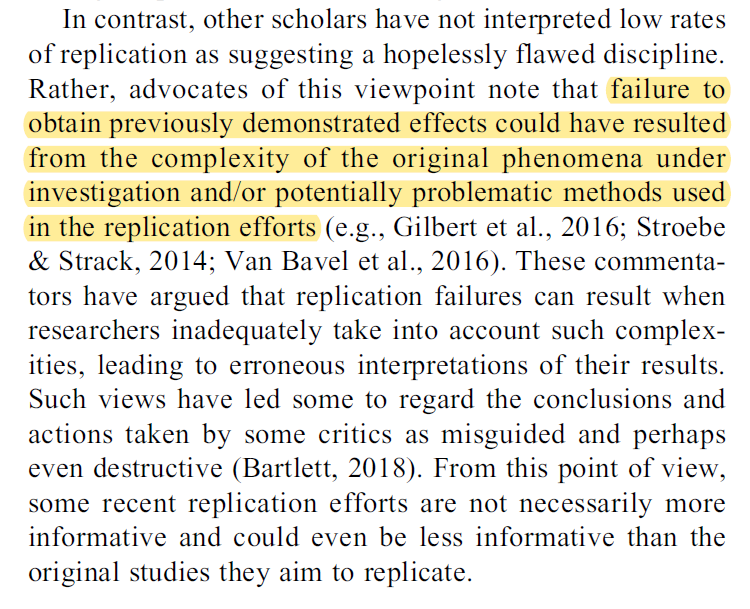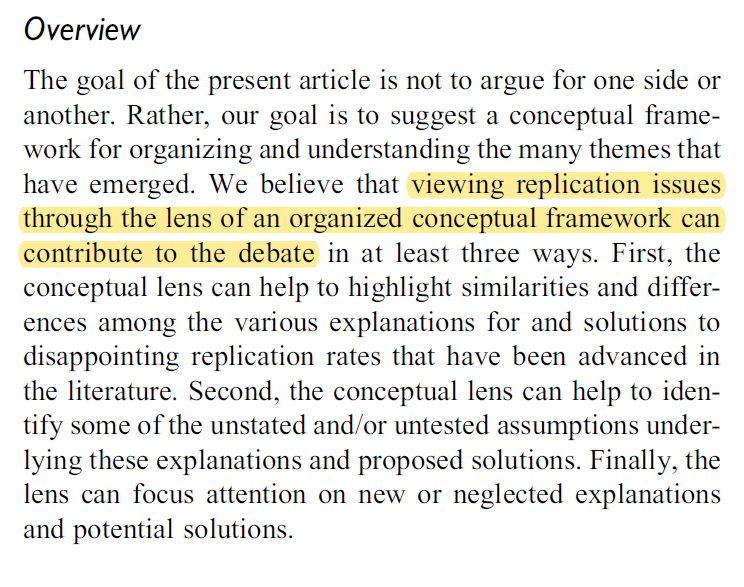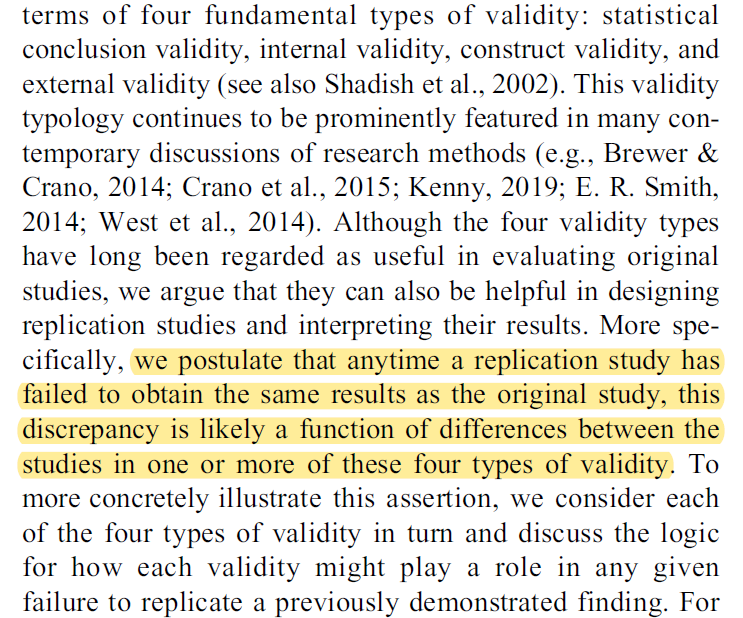
My intro development class I’m teaching starts tonight.
Already a few students are sick and can’t make it.
The pandemic has changed the structure of my (in person teaching).
Here’s how 🧵
Already a few students are sick and can’t make it.
The pandemic has changed the structure of my (in person teaching).
Here’s how 🧵
1. My deadlines are soft.
All assignments have deadlines, but there’s no penalty to late submissions. Exams are still more strict but still soft as they are all take home now.
Honestly saves a lot of email hassle.
All assignments have deadlines, but there’s no penalty to late submissions. Exams are still more strict but still soft as they are all take home now.
Honestly saves a lot of email hassle.
2.Exams are all take home.
I am fundamentally opposed to proctoring software, so now all my exams are take home essay or projects that can’t be googled.
Please don’t require spyware.
I am fundamentally opposed to proctoring software, so now all my exams are take home essay or projects that can’t be googled.
Please don’t require spyware.
3.I build out my whole course on Canvas.
I used to use my LMS for posting papers, but now everything is on there - assignments, exams, info sheets - everything.
I used to use my LMS for posting papers, but now everything is on there - assignments, exams, info sheets - everything.
4.My class can be completed without ever showing up.
This makes me sad. I work hard to add value to students learning in class but I cant make my course dependent on it given covid.
The lecture rooms are recorded so hopefully student find value there.
This makes me sad. I work hard to add value to students learning in class but I cant make my course dependent on it given covid.
The lecture rooms are recorded so hopefully student find value there.
Is this the future of education? The teacher is a curator (if that) rather than a relational person in the students learning? Learning is independent and “personalized”?
It seems that way from where I stand.
It seems that way from where I stand.
I’m looking forward to teaching this lecture course again (with 25% of class spent engaged in active learning), I just hope students show up when they can.
You can follow along too! All slides posted here across the term: osf.io/wn38a/
You can follow along too! All slides posted here across the term: osf.io/wn38a/
• • •
Missing some Tweet in this thread? You can try to
force a refresh












